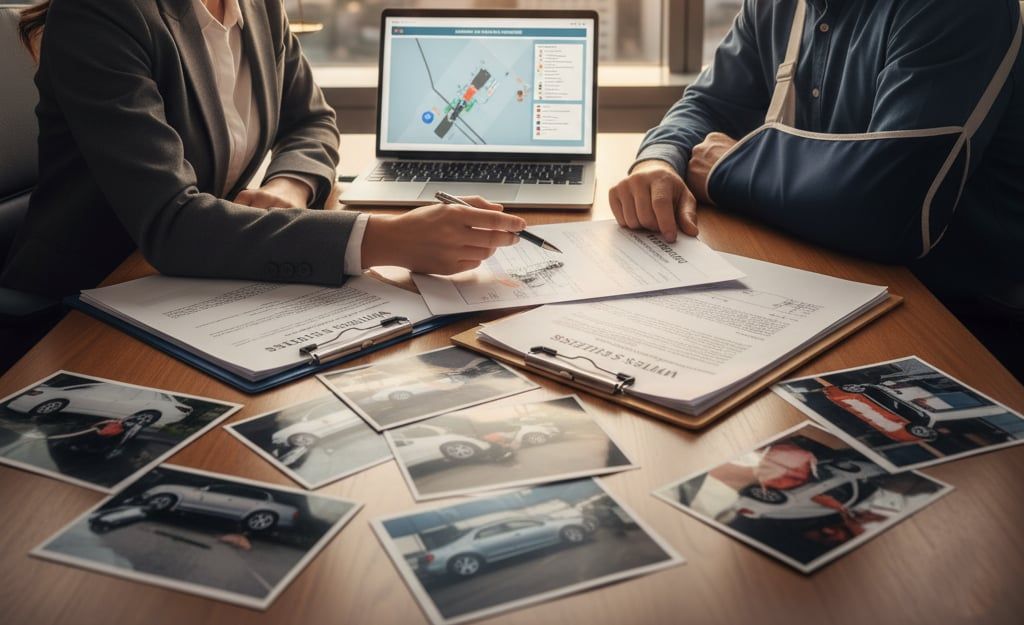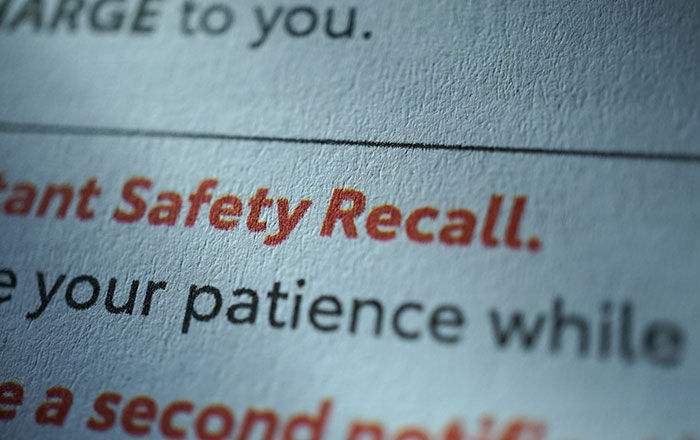When you’ve been injured in an accident, evidence can make or break your case, and witness statements often play a crucial role in proving what really happened. In South Carolina, personal injury claims rely on clear proof that someone else’s negligence caused your injuries. This post explains how witness testimony and physical evidence strengthen your case, what types of evidence matter most, and how a South Carolina personal injury lawyer can help collect and preserve the proof you need to win.
We’ll also show how this topic connects with related areas like comparative negligence, duty of care, and the importance of early documentation, all key parts of understanding your personal injury rights.
Why Witnesses Matter in Personal Injury Cases
Eyewitnesses are often the most compelling voices in an injury case. Their accounts can provide an unbiased perspective of how your accident occurred, confirming details that might otherwise be disputed.
For example, in a car accident case, a bystander might testify that the other driver ran a red light. In a slip and fall accident, an employee or shopper might confirm that a spill had been left unattended. Their statements can validate your version of events and help your personal injury attorney establish negligence.
If possible, gather witness contact information immediately after your accident. If you were too injured to do so, your attorney can later track down security footage or obtain store records to identify potential witnesses.
Types of Evidence That Strengthen Your Claim
While witness statements are valuable, they’re only part of the bigger picture. To build a strong personal injury claim in South Carolina, your injury lawyer will collect several forms of evidence, including:
- Photographs and videos of the accident scene
- Police or incident reports
- Medical records documenting your injuries and treatment
- Expert testimony, such as from accident reconstruction specialists or medical professionals
- Employment records showing lost wages
- Physical evidence, like damaged vehicles or torn clothing
Every piece of evidence helps tell the full story, proving not just that the accident happened, but how it happened and who is responsible.
The Importance of Preserving Evidence
Time is not your friend when it comes to evidence. Photos can be deleted, surveillance footage can be overwritten, and witnesses’ memories fade. That’s why contacting a personal injury lawyer quickly after your accident is critical.
An attorney can send preservation letters to businesses, insurers, or opposing parties demanding that evidence be maintained. This step is vital in complex cases such as truck accidents, medical malpractice, or wrongful death claims, where key records can disappear quickly.
If you’re wondering what immediate steps to take after an accident, our post What to Do Immediately After a Slip and Fall in South Carolina outlines actions that apply to almost any type of personal injury case.
How Witness Testimony and Evidence Work Together
While documents and photos establish facts, witnesses provide context. They can describe the speed of a vehicle, the visibility of a hazard, or the actions of both parties before an accident. Together, evidence and testimony form a clear and persuasive narrative, one that helps your South Carolina personal injury attorney prove negligence.
For example, if a store owner claims they “didn’t know” about a spill, witness statements showing employees walked past it without cleaning it up could demonstrate a breach of duty of care, a crucial element in any negligence claim.
If you’d like to learn more about this concept, see our related article Understanding Negligence: How It Applies to Your Personal Injury Case.
The Role of Expert Witnesses
Not all witnesses are bystanders. In many cases, expert witnesses can make or break your claim. These professionals, such as doctors, engineers, or accident reconstruction specialists, interpret complex data and explain it in simple, credible terms for judges and juries.
Their testimony can validate your injuries, establish long-term medical needs, or demonstrate how a product defect or unsafe condition caused your accident. A seasoned personal injury attorney will know when to bring in experts and how to use their insights to strengthen your case.
What to Do If Witnesses Are Unavailable
Sometimes, witnesses can’t be located or are unwilling to get involved. In these cases, your personal injury lawyer will rely on alternative forms of evidence, like surveillance footage, electronic data, or forensic analysis, to prove negligence.
Even without witnesses, strong documentation can still lead to a successful claim. This is why early action and professional legal help are essential.
Protecting Your Claim with the Right Legal Support
At McWhirter, Bellinger & Associates, we know how to build solid personal injury claims supported by powerful evidence and credible witness testimony. Our legal team will investigate the circumstances of your accident, interview witnesses, and collect every piece of evidence necessary to fight for your compensation.
Whether you were hurt in a car accident, truck accident, slip and fall, or wrongful death situation, our attorneys understand how to prove liability and stand up to insurance companies.
Contact McWhirter, Bellinger & Associates Today
If you’ve been injured due to someone else’s negligence, don’t wait for key evidence to disappear. Call McWhirter, Bellinger & Associates at 803-653-6449 for a free consultation with an experienced South Carolina personal injury lawyer.
We proudly serve clients throughout Columbia, Lexington, Orangeburg, Camden, Sumter, Aiken, and Newberry. Our firm works on a contingency fee basis, meaning you don’t pay unless we win your case.

















